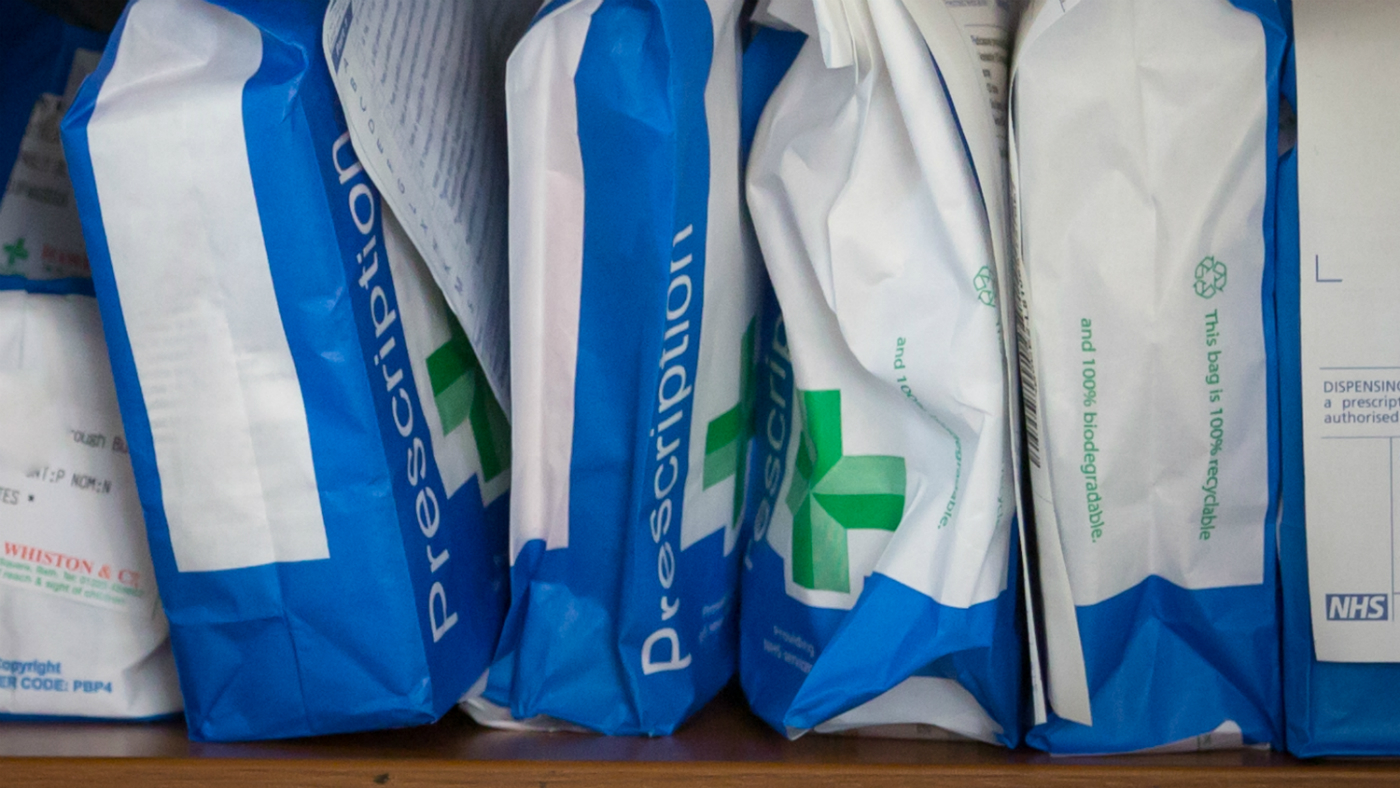How 1.7 million people were unfairly fined by the NHS
National Audit Office blames ‘complicated’ prescription exemption system for incorrect fraud allegations

A free daily email with the biggest news stories of the day – and the best features from TheWeek.com
You are now subscribed
Your newsletter sign-up was successful
The NHS has incorrectly fined millions of patients for alleged prescription fraud, the National Audit Office (NAO) has found.
A newly released report by the spending watchdog says that the number of Penalty Charge Notices (PCN) issued has increasing significantly following a crackdown in 2014. But while a high proportion of the accused patients had made fraudulent claims, as many as 30% were shown on appeal to be eligible for free prescriptions.
That equates to around 1.7 million people, many of them vulnerable, who were incorrectly threatened with NHS fines.
The Week
Escape your echo chamber. Get the facts behind the news, plus analysis from multiple perspectives.

Sign up for The Week's Free Newsletters
From our morning news briefing to a weekly Good News Newsletter, get the best of The Week delivered directly to your inbox.
From our morning news briefing to a weekly Good News Newsletter, get the best of The Week delivered directly to your inbox.
The NAO report blames the Government for the failings, claiming that the current exemption system is “too complicated, causing patients to make genuine mistakes”. An NHS spokesperson admitted there may be “confusion” over eligibility rules.
Experts warn that the threat of a fine can take its toll, even if it is later overturned, reports The Independent. “Far too many members of the public are on the receiving end of distressing, threatening letters or fines which could impact their mental well-being,” said Dr Richard Vautrey, chair of the British Medical Association’s GP committee.
What is exemption fraud?
The current system makes certain people in the UK exempt from the standard £9 prescription charge, which applies to all drugs available on the NHS. Those exempt include under-16s, the elderly, pregnant women and new mothers, students, people on low-income-based benefits, and those with a pre-existing condition.
A free daily email with the biggest news stories of the day – and the best features from TheWeek.com
These exemptions can also apply to dental care, which is not free on the NHS.
If the NHS finds that a person has falsely claimed prescription or dental work exemptions, they can be forced to pay a penalty charge of up to £100.
How widespread is the problem?
The NHS says that annual losses from “corruption, fraud, bribery” currently total around £1.27bn, the BBC reports.
The uptick in the number of fines being issued coincides with the system being taken over five years ago by the NHS Business Services Authority (NHSBSA), which was “commissioned to ramp up checks on exemption claims and issue penalty charges to those who are ineligible”, says The Independent.
Since the crackdown began, there has been a 32-fold increase in eligibility checks, from 750,000 in 2014-15 to 24 million in 2018-19. The value of penalties issued in the same period has risen from about £50m to £199m, The Daily Telegraph reports.
Why are so many people wrongly fined?
Despite the dramatic increase in the number of fines issued since 2014, the NAO found that only around one in five has been paid. And around one in three were withdrawn after the accused person proved their eligibility.
The reasons for this high margin of error is the subject of debate among experts.
According to the British Medical Journal, a number of people who don’t need to pay prescription charges are confused by the “complicated” system and claim that they are not exempt “in error”.
Brendan Brown of the NHSBSA this week admitted that the system can be “complicated to understand, and we recognise that genuine mistakes and confusion happen”. Brown suggested that “educating patients” was the best course of action.
But some critics blame mismanagement and underfunding by the Government.
“There can be no excusing the fact innocent people, fully entitled to claim free care, have been slapped with over £180m in fines,” said Charlotte Waite of the British Dental Association. The UK “has a system built on a presumption of guilt, which offers few signposts, and has left vulnerable patients chased by debt collection agencies”, she added.
John Kell, head of policy at the Patients Association, said the NAO report “seems to show the NHS scrabbling ever more desperately for cash over the last few years, and inflicting needless distress on patients as it does so”.